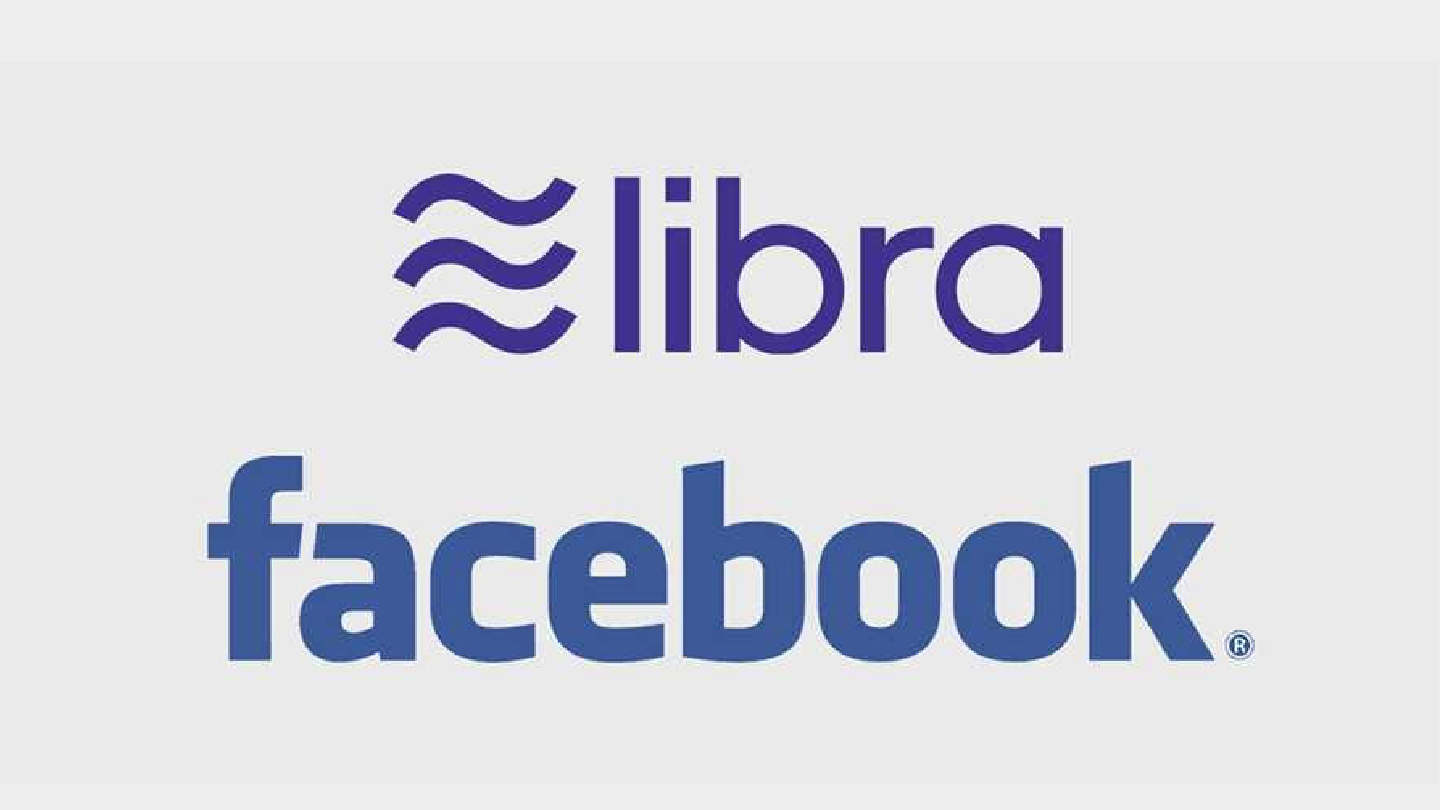Dreamers versus Cynics? Thoughts on Facebook Libra.
Paul Race

I'll admit it, I tend to the view that if something sounds too good to be true, it probably is.
The Libra Association's Whitepaper about 'a new global money that can be sent anywhere in the world' makes bold claims about its implications for 1.7 billion individuals worldwide who are currently unbanked. According to the head of policy for the Libra Association, 'the goal of this new project is to build a financial ecosystem that can plug in and empower billions of people'.
Is this true? Do we need a new currency to improve financial inclusion? I can see the benefits to many of a system that makes cross border remittances easier, quicker and cheaper but does Libra address the issue of the unbanked. Why are large numbers of people currently excluded from the financial system and does the creation of a new currency do anything to address these issues? If 8.4 million households (6.5 percent) in the US have not opened a dollar account (whether for reasons of low income or trust issues) are they any more likely to operate an account in another new currency and are they likely to put their money in a digital wallet rather than a bank. That said, of course, the case may be very different in countries with unstable currencies, where the Libra may be seen as a more effective store of value.
The 19 June Alphaville article in the Financial Times quoted FDIC biannual survey figures that show 'more than a half of the unbanked didn't have a bank account because they didn't have enough money to put in a bank'. It highlighted research into the unbanked issue in the US and concluded it was 'a sociological challenge to be addressed with education and local institutions '.
What are the other logistical issues? How do the unbanked register for such a service? Are we talking of kiosks where people exchange their cash for Libra and how realistic is such an approach in countries with large numbers of people living in remote rural areas? This is before we consider KYC issues and the declared use of government identification documents in order to open an account.
Libra is an association with 28 founding members but some eyebrows have been raised regarding Facebook's involvement just 15 months after the Cambridge Analytica data breach issue surfaced. Any payments mechanism is based on trust and reputation. To what extent was Facebook's reputation tarnished by these disclosures?
One thing is sure, as Mark Carney has already stated, Libra will have to be subject to the highest standards of regulation. What implications will this have for worldwide adoption and what are the long term plans regarding financial services provision? As things stand, it seems at least to me, there are far more questions than answers.